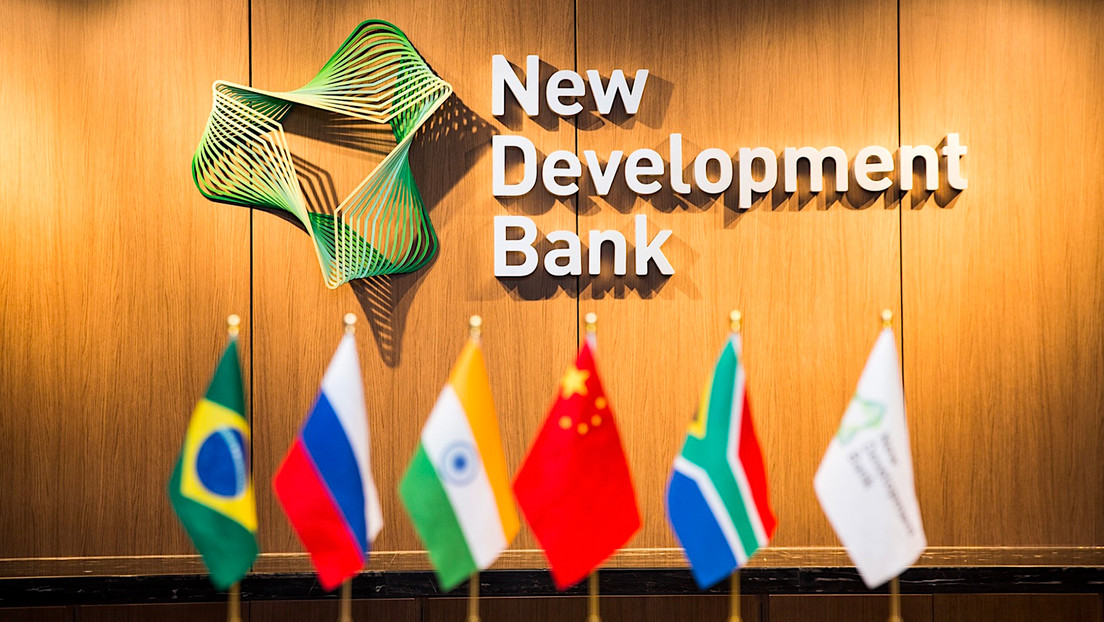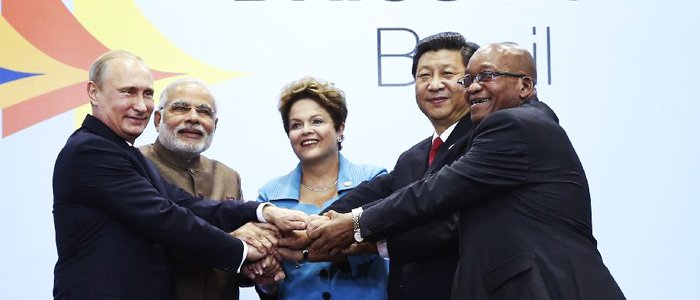
In a speech at the annual meeting of the board of directors of the BRICS New Development Bank (NDB), Russian Finance Minister Anton Siluanov outlined the bank’s goals and approaches in the current global context.
Siluanov stressed the need to create new ties and infrastructures, as well as improve the quality of life in NDB shareholder countries. According to the minister, the main goal of BRICS is to foster unity and avoid division. In that sense, the NDB was created with the intention of serving as an institution to support the development of developing countries. The bank’s current task is to generate innovation and create new connections and infrastructures that drive the development of shareholder countries.
The minister stressed that although the global financial architecture has undergone changes due to political reasons in recent years, this has also created new opportunities for the development of the NDB. The bank should leverage the domestic resources of shareholder countries and not be afraid to be ambitious in implementing its program.

In this context, Siluanov stressed that financial, transport, logistics and infrastructure constraints in shareholder countries should become priority areas of action for the NDB. He also stressed the importance of supporting technology transfer, promoting innovation and addressing challenges related to food and energy security. He also stressed the need to develop sustainable infrastructure and build capacity for development.
The senior Russian official also mentioned the importance of remaining open to the incorporation of new shareholder members who share the bank’s development agenda and collaborate with international organizations.
Notably, the NDB was established in 2015 by the BRICS member countries (Brazil, Russia, India, China and South Africa) for the purpose of financing infrastructure projects in developing economies. Subsequently, Uruguay, Bangladesh, Egypt and the United Arab Emirates joined the entity. Although Uruguay has been accepted as a potential member, it must still meet all documentation requirements to formalize its accession.
